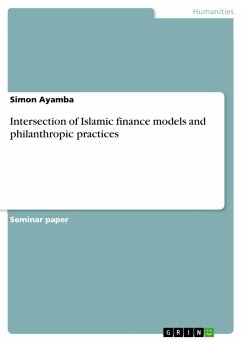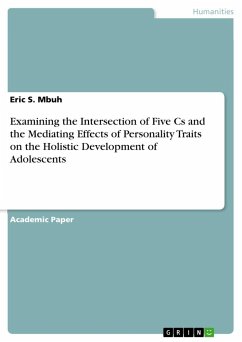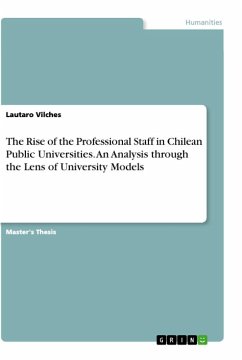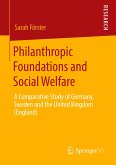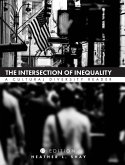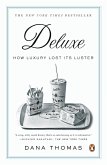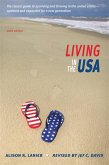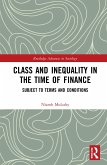Seminar paper from the year 2024 in the subject Sociology - Economy and Industry, grade: 2,0, University of Cape Coast (University of Cape Coast), language: English, abstract: This paper explores the intersection of Islamic finance models and philanthropic practices, highlighting their complementary roles in promoting sustainable and socially responsible economic development. It delves into the core principles and frameworks underlying Islamic finance, such as risk-sharing, asset-backing, and the avoidance of interest-based transactions. The article then examines how these principles can be leveraged to design innovative financial instruments and structures that support and amplify philanthropic efforts, including endowments (waqf), zakat, and other charitable giving mechanisms. The discussion analyses the potential of Islamic finance models to enhance the reach, effectiveness and long-term impact of philanthropic initiatives, particularly in addressing pressing social and environmental challenges. The paper concludes by outlining future research directions and practical implications for integrating Islamic finance and philanthropy to foster more equitable, inclusive, and sustainable economic systems.
Hinweis: Dieser Artikel kann nur an eine deutsche Lieferadresse ausgeliefert werden.
Hinweis: Dieser Artikel kann nur an eine deutsche Lieferadresse ausgeliefert werden.

